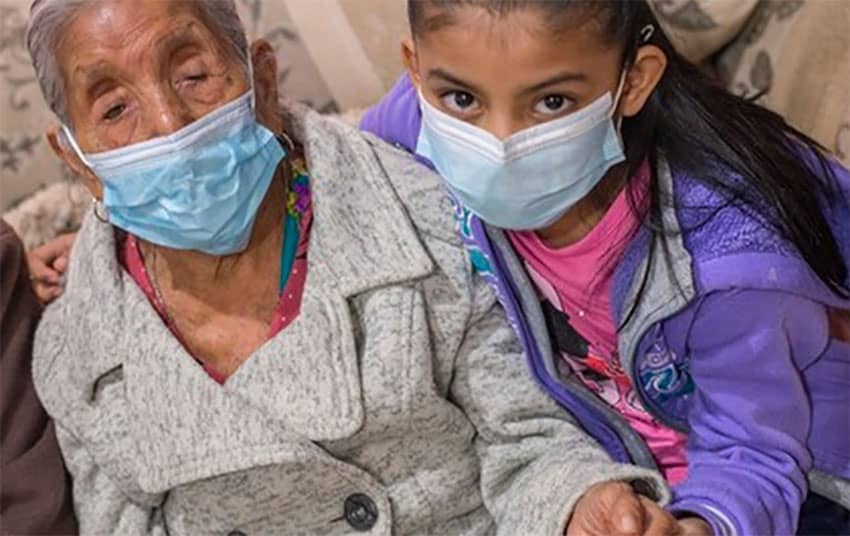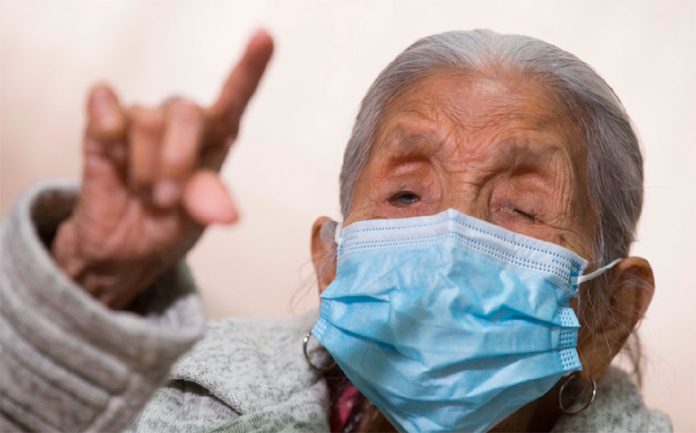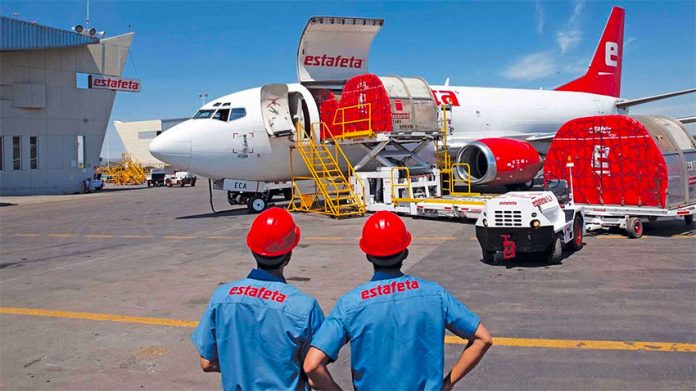For 40 minutes in July 2019, three seesaws in vivid pink broke through the United States-Mexico border wall, bridging communities on either side.
The work — then and later — became a literal manifestation of what unites rather than divides us, the communities we can generate when we dispense with barriers and instead embrace interacting together.
Eighteen months later, in January 2021, the Teeter-Totter Wall was awarded the prestigious Beazley Design of the Year Award by London’s Design Museum.
“The Teeter-Totter Wall encouraged new ways of human connection,” said Tim Marlow, the museum’s director. “It remains an inventive and poignant reminder of how human beings can transcend the forces that seek to divide us.”
The project’s inception came a decade before its physical appearance on a tiny patch of wall between El Paso, Texas, and Ciudad Juárez, Chihuahua. The architects behind the innovation, Virginia San Fratello, associate professor of design at San Jose State University, and Ronald Rael, professor of architecture at UC Berkeley, came up with the idea to use play as activism and generate the possibility of joy and togetherness at the border wall after the Secure Fence Act of 2006.
A video about the project that can be found on YouTube is playful, peppered with the laughter of adults and children alike, each taking their turn at bobbing up and down on the bright pink seesaws. It is a contrast to images commonly associated with the border wall during president Trump’s administration, the visual metaphor of a seesaw a stark reminder that the actions on either side of the border do not exist in a vacuum.
An attempted coup and two impeachments notwithstanding, the border wall — and the many other conflicts it engendered — was one of the defining issues of the Trump administration. Indeed, since 2017, the U.S. has spent US $9.7 billion on construction of the border barrier, primarily at the southwest border.
It is important to note that other administrations had a hand in border tensions and certainly set the wheels in motion, fomenting tensions and the enduring humanitarian crisis.
Trump’s attitude toward the border wall, however, was not only literally manifested in its construction and the commissioning of contracts. It also perpetuated an entire separatist ideology that will continue to reverberate for a long time to come — not to mention that this very attitude was a significant part of the platform he won the presidency on in the first place, and thus a large part of the significance of the teeter-totter project for the creators.
Both the project itself, and the announcement of the award, are timely reminders of the ongoing question of the border wall and the efforts of U.S. government administrations to curtail the flow of immigrants from the south.
Tens of thousands of migrants a year attempt to make the northern passage between countries in Central and South America and the United States, fleeing poverty, persecution and crime in their home countries, as well as the sweeping negative effects of natural disasters and climate change. The journey is a treacherous one, made significantly more dangerous by the risks of being attacked or enlisted by gangs smuggling drugs and other goods across the border.
The Mexico-U.S. border itself is, like most borders, a fairly arbitrary line in the sand. Territory on either side has been transferred between nations, most frequently in favor of the United States. However, while the boundary may be symbolic, the violence and crime there are definitively not.
Recently in Guatemala, security forces broke up a caravan of about 4,000 — mostly Honduran — migrants who had been camped out near the village of Vado Hondo. The police arrived with shields and tear gas to disperse them. Then, just a week after the Teeter-Totter Wall won the Beazley award, 19 bodies were found in a burned van farther along the border in the state of Tamaulipas. The incident is reminiscent of the 2010 massacre of 72 migrants who refused to work for cartels on the border and is a stark reminder that the transient communities surrounding the border wall are spaces of conflict.
There is burgeoning hope, however, for the reparation of relations between Mexico and the United States now that President López Obrador and the newly inaugurated President Biden have agreed to work together toward ending the “draconian” policies put in place by the Trump administration.
“It’s a question of drawing a very hard line in the sand about what one thing is and what another thing is, but those lines are complete abstractions,” Rael says. “Really, people and animals and water flow across these boundaries, so we just wanted to see if we could change the way this space is occupied for a moment.”
Too often, border walls merely serve as symbols of hitherto unsolved problems rather than as solutions. It is no surprise, then, that the wall has served so often in the recent past as an opportunity for communities, artists and activists to present utopian aspirations of what might be if we recognize our neighbors’ faces in our own.
For 40 minutes on one July pre-pandemic day not that long ago, pink seesaws subverted hegemony and more traditional symbols of the border, showing us how, with a little imagination and innovation, with a sprinkle of love and daring, with a dash of chutzpah, it is possible for us to imagine new and braver worlds into existence.
Shannon Collins is an environment correspondent at Ninth Wave Global, an environmental organization and think-tank. She writes from Campeche.















